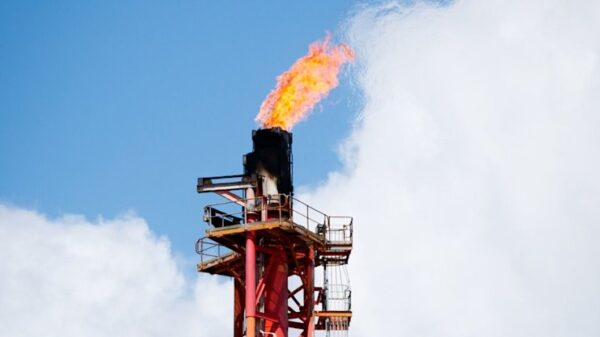A significant marine heat wave, known as “The Blob,” has drastically altered ecosystems across the Pacific Ocean. Spanning from 2014 to 2016, this unprecedented warming event raised ocean temperatures by 2 to 6 degrees Celsius above average, affecting marine life from the smallest plankton to the largest mammals. Scientists are still assessing the long-term impacts of this phenomenon, which has been linked to climate change and offers insights into future ocean conditions.
The extensive reach of The Blob extended thousands of kilometres along North America’s western coast, prompting shifts in marine species distribution. A systematic review of 331 scientific studies revealed significant ecological changes, with 240 species moving beyond their typical habitats in search of cooler waters. Many marine species, including fish, invertebrates, seabirds, and marine mammals, migrated northward. Notably, over 100 species were recorded further north than previously documented, with some travelling up to 1,000 kilometres.
Impact on Species and Ecosystems
The effects of this marine heat wave were profound. Species did not all relocate uniformly, leading to a reorganization of marine communities. New predators and competitors emerged, potentially altering existing food webs and displacing local species. The cascading effects of these changes were evident in the decline of key forage fish such as anchovies and sardines, which contributed to mass die-offs of seabirds and whales due to starvation.
Additionally, the warmer waters created conditions for unprecedented blooms of toxic algae, resulting in the closure of Dungeness crab fisheries along the West Coast. These closures had severe economic repercussions, costing local economies tens of millions of dollars.
The heat wave also led to significant transformations in coastal habitats. Kelp forests, often referred to as the rainforests of the sea, suffered extensive damage across several thousand kilometres of coastline. Some regions have experienced local extinctions that have persisted for years, raising concerns about the potential for long-term ecological losses.
Future Challenges and Climate Adaptation
The systematic review highlights that the marine heat wave is a precursor to future climatic events, with climate models indicating that similar occurrences will become more frequent and intense as greenhouse gas emissions rise. Global ocean temperatures have continued to climb over the past decade, with several years since The Blob recorded as the hottest on record.
To address these challenges, researchers emphasize the need for proactive measures. Restoring lost habitats and reducing additional stressors, such as overfishing, may enhance ecosystem resilience. Nonetheless, these strategies offer only temporary relief without significant reductions in greenhouse gas emissions.
The findings underscore the urgency for governments and industries to take decisive action in combating climate change. The marine heat wave of 2014-2016 serves as a stark warning about the potential disruption that climate change poses to ocean life. As researchers like Samuel Starko and Julia K. Baum continue to explore these impacts, the critical question remains: will society take the necessary steps to mitigate the effects of climate change before it is too late?






























































